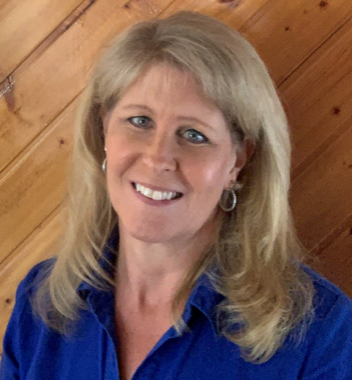
When an older adult falls and needs help getting up, emergency medical services (EMS) and fire departments are often the first to arrive at the scene. Among people aged 65 years and older, falls are the leading cause of emergency department visits and account for 17% of all 911 calls. Up to 56% of 911 calls for falls do not result in transport to a medical facility. The use of EMS for falls-related calls has heavy financial consequences to communities and decrease the availability of EMS to respond to more urgent needs. As a trusted source of information, firefighters and EMS can have a key role in falls prevention efforts, including addressing home hazards to referring older adults to falls prevention programs and services.
Hosted by the National Council on Aging and the Administration for Community Living, this webinar series will feature organizations who have successfully partnered with their local EMS and fire department to address falls prevention. Speakers will share best practices and lessons learned based on their experience partnering with EMS and fire departments around falls prevention. Learn new skills and gain innovative ideas around falls prevention efforts that can be adapted and applied in your own community to bridge the fire and falls prevention network.
Learning Objectives: By the end of this webinar, participants will be able to:
- Describe the Remembering WhenTM Plus program
- Identify the process for developing an infrastructure to actively refer older adults to falls prevention programs in their communities.
- Compose workflow plans and referral tools for disparate organizations and communication systems.

Sato Ashida, Ph.D.
Assistant Professor
University of Iowa College of Public Health
Dr. Ashida is a member of the University of Iowa Center on Aging and is an Aging Mind and Brain Initiative (AMBI) faculty member. Her training background consists of health behavior theories, gerontology and aging, program development and implementation, social network methodology, and public health genomics. Her previous work includes evaluation of social influence and its impact on motivation to undergo health screening and to improve lifestyle (diet, physical activity), the roles of social support and engagement on health, and social resources that facilitate behaviors.

Carri Casteel, Ph.D.
Associate Professor
University of Iowa College of Public Health
Carri Casteel is a Professor of Occupational and Environmental Health at the University of Iowa and the Director of the NCIPC-funded Injury Prevention Research Center at the University of Iowa. Her research areas of interest have focused on the development and evaluation of programs for older adult falls, workplace violence and opioid overdose.

Donna Bethge (Moderator)
Aging Services Program Specialist
Administration for Community Living
Donna Bethge is an Aging Services Program Specialist in the Office of Nutrition and Health Promotion Programs at the Administration for Community Living (ACL), Administration on Aging. She serves as the lead for the Falls Prevention grant program and as the Program Officer for the Chicago Housing Authority’s grant. Before joining the team at ACL, Donna worked in the Aging Network in Maryland for 10 years with Area Agencies on Aging and an assisted living community, developing and implementing programs for older adults, as well as supporting and promoting evidence-based programs. She earned a Bachelor of Science degree in Organizational Management from Northern Kentucky University.